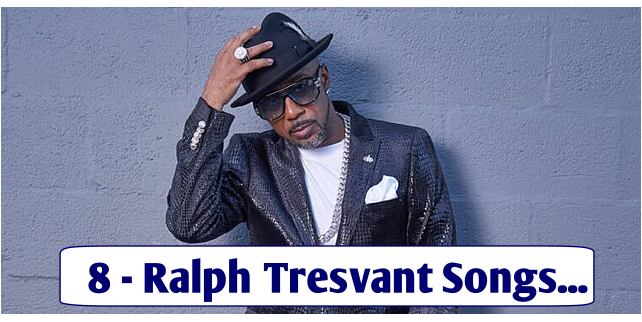(ThyBlackMan.com) If the traffic-stop homicide of Philando Castile was not e-bloody-nough, the recent acquittal of the Minnesota officer certainly calls for an interrogation of the present condition of the Black man in America – our value here needs to be reformed.
In the beginning was the word and that is also where our work begins. How we have come to define the color black in the dictionary has all to do with the recent killings of Black men in America.
Therefore, I propose we take a look at the history of lexicography to examine the psychology of the lexicographers who worked to define  the word black and decided to tag people of African descent to their limiting definition; for the reason that it puts limits on the color and the people who, even if we do not subscribe to their definition, must check the box and proceed to live in/out the prophecy of an identity defined by others.
the word black and decided to tag people of African descent to their limiting definition; for the reason that it puts limits on the color and the people who, even if we do not subscribe to their definition, must check the box and proceed to live in/out the prophecy of an identity defined by others.
Merriam-Webster defines black as follows: the absence of light, dirty, soiled, thoroughly sinister or evil, indicative of condemnation or discredit, … the devil, sad, hostile or angry. A Black man wears this definition and it has become his default-oppressor in the 21st century. And it has been just as fatal as it has been unjust. It is imperative to open a discussion about aesthetic-racism in America. It happens when someone discriminates against you because of your appearance. This is the sort of prejudice Tory Lanez recently faced while shopping in Holt Renfrew. And it always trumps the upward mobility the African diasporic community works diligently to maintain.
Yes, images shape perception; but even when the images we create contradict how Merriam-Webster defines black, the memory of their definition controls the subconscious reaction to the color and the ethnicity. This is defaulted (e.g. a preselected option of) oppression. It is already at home in the mind; and until we redefine the word black, our strivings to not see color, or to see color equally will be in vain. It is in the word – thus the misrepresentation of Black people lends itself to our mistreatment. We wear black to funerals to express melancholy. And when something is dirty we want it clean. If an eye is black it is ugly and has suffered a beating. The darker side of things is evil and somebody came to that conclusion and proceeded to associate it with pseudo African people in America.
In 1828, Noah Webster wrote the first American dictionary. Chattel slavery was still legal and this was less than two hundred years ago. We are working with a young language, and as I understand it, the dictionary is being revised regularly. We do not have to lose the word or the color altogether. But we do need to reprogram American minds to think differently when they are met with the color Black. This is how we step over the color-line Du Bois mentioned as the problem of the twentieth century. It is also a step towards peace. The Black man’s equality is futile without equal representation of his color and humanity.
Below is a couple of senses from Merriam-Webster’s definition of the colors white and black for you to ponder on:
White: not intended to cause harm
Black: thoroughly sinister or evil
I maintain there will be a subconscious divide that continues to manifests itself in human relations until both colors are defined equally in goodness.
How would you redefine the color Black in the 21st century?
Follow Tylie on Instagram; http://Instagram.com/theplaywright (——–
Staff Writer; Tylie Shider
Also connect with this brother over at; TylieShider.com.

















Leave a Reply